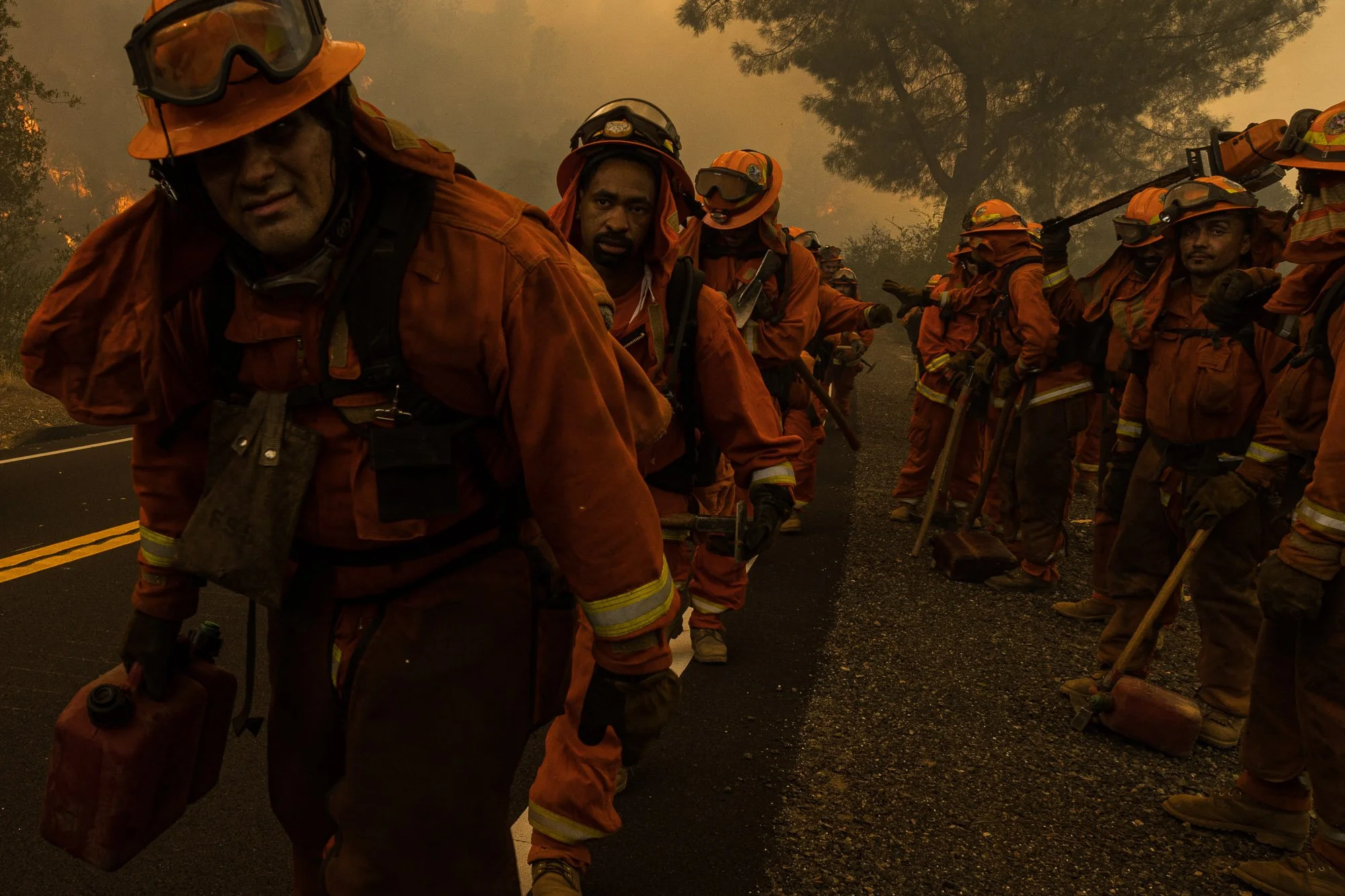Exhibition Review: The Camera Was Always Running
Jonas Mekas photographed by Antanas Sutkus in Semeniškiai, Lithuania, 1971. © Artists Rights Society (ARS), New York / LATGA-A, Vilnius
Written by Federica Barrios
Edited by Jana Massoud
New York, the city that never sleeps, is captured by photographer Jonas Mekas in his exhibition The Camera Was Always Running - marvelously portraying the artist’s whimsical view of The Big Apple. The walls of the Jewish Museum are brightened with film, photography and never before seen archival material. The exhibit covers the personalities in Mekas’s life that defined the era as well as personal recounts of his experience as a Lithuanian wartime refugee who fled the Nazi regime and ended up in New York in 1949. Experimental and innovative, Mekas was a pioneer in shaping the eccentricity of New York that we now know and love. The exhibit serves as an homage to Mekas’s beautiful 70-year career.
Jonas Mekas. Three frames from Reminiscences of a Journey to Lithuania (1972). 16mm film, color, sound. 52 minutes. Estate of Jonas Mekas.
Forced to leave his home country at the young age of 22, Mekas’s work has always played with the heartstrings of his viewers, exploring the line between creativity and nostalgia. Trailblazer for New American cinema, Mekas set examples for society and changed the standards of sexuality, labor, and gender. It is an understatement to say the esteemed artist made his mark in the world of film and photography. As a founder of many journals and organizations, Jonas Meksa paved the way for film development as an art form.
As a solid and robust array of the artist’s oeuvre, the exhibit displays works like his first significant piece, Guns of the Trees (1962), his last work Requiem (2019), and is generally a well-rounded, beautifully curated selection of Mekas’s most fundamental works by the Jewish Museum of New York. The artist represents the concept of escape and belonging through the skewed lens of a nostalgic filmmaker while drawing attention to many of the still-occuring problems faced by minorities or people in need.
Jonas Mekas. Still from A Letter from Greenpoint (2004). Digital video, color, sound. 80 minutes. Estate of Jonas Mekas.
A Letter from Greenpoint (2004) sheds light on refugee displacement through lack of funding for affordable living, such as the Fluxhouse which the artist and his family resided in since 1974. Mekas explores the feelings of alienation and familial bond that arise from the process of saying goodbye to a place that has sheltered them for so many years.
Artists have full control over what the self-portrait can be, and in his own version of a film self-portrait, Mekas chooses to reveal his ambiguous identity through a casual portrayal of a conversation with a man enjoying a beer.
Mekas created films of his peers, many of which were distinguished personalities in the art industry. Pictures such as Scenes from the Life of Andy Warhol (1990) and Walden (1969) contest the notion of celebrity and bring to the viewer feelings of reminiscence of the simplicities of life. Almost as though a home video of people who are idealized in society, Mekas creates a sense of community, a wholeness between the subjects that he films and the audience.
Jonas Mekas. Grid of stills from As I Was Moving Ahead Occasionally I Saw Brief Glimpses of Beauty (2000). 16mm film, color, black and white, sound. 288 minutes. Estate of Jonas Mekas.
The Jewish Museum at 5th Ave & 92nd St presents Jonas Mekas: The Camera was Always Running from February 18 to June 5th of 2022.
Photo Editor: Chris Zarcadoolas













